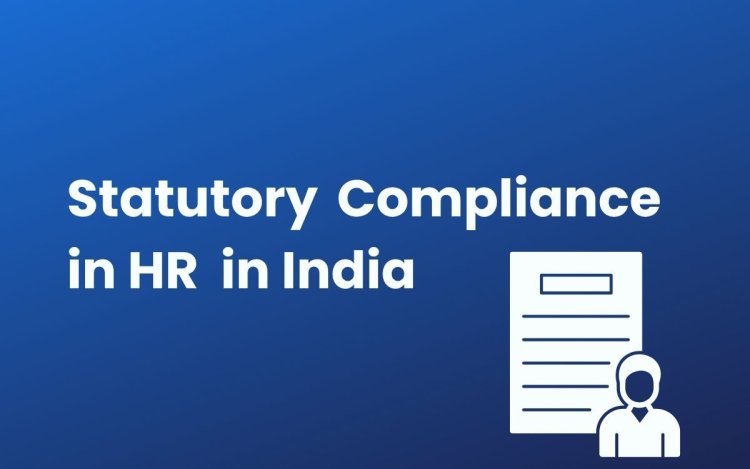Is your company following all the labour laws required to legally employ people in India?
Statutory compliance in HR means following all employment-related laws set by the Indian government. This includes paying employees fairly, providing safety at work, offering social security, and preventing discrimination.
For any business, following these rules is not just about avoiding penalties. It also helps create a reliable, efficient, and ethical workplace. When a company respects its employees’ rights, it builds a better environment for both workers and business growth.
Get the full checklist of compliance forms and documents at Digiliance
Why Statutory Compliance Is Important
1. Protects Employee Rights
Laws such as:
-
Minimum Wages Act
-
EPF & MP Act
-
ESI Act
-
Maternity Benefit Act
-
Equal Remuneration Act
-
Gratuity Act
-
POSH Act (Sexual Harassment Prevention)
ensure employees are treated fairly. These laws provide timely wages, safe working conditions, maternity leave, equal pay, and protection from workplace harassment. Following them builds trust and improves employee satisfaction.
2. Reduces Disputes and Legal Risk
When a business follows the law, it avoids problems like:
-
Employee complaints
-
Labour court cases
-
Fines from labour inspectors
-
Delays due to legal issues
Proper HR records, clean payroll systems, and up-to-date policies help prevent misunderstandings with employees and trade unions.
3. Provides Social Security Benefits
Rules like EPF and ESI make sure employees get:
-
Retirement savings
-
Health insurance
-
Medical leave cover
These are not just legal duties—they help attract and retain skilled workers. A company that takes care of its people creates a more loyal workforce.
4. Builds a Strong Legal and Business Foundation
A company that meets legal requirements works more smoothly and earns respect from:
-
Clients
-
Investors
-
Government bodies
-
Future employees
It shows that the business is responsible, serious, and ready for long-term success.
5. Protects Business Reputation
Non-compliance can lead to:
-
Heavy fines
-
Licence cancellation
-
Loss of government contracts
-
Negative news or social media backlash
Companies with a good track record in compliance find it easier to grow, hire top talent, and gain trust in the market.
Key Labour Laws Every Employer Should Follow
Every business in India must comply with laws such as:
-
Factories Act
-
Shops and Establishments Act (State-specific)
-
Contract Labour (Regulation and Abolition) Act
-
Industrial Disputes Act
-
Payment of Wages Act
-
Payment of Bonus Act
-
Apprentices Act
These laws cover working hours, leave policies, wage payments, contract staff management, and termination rules.
People Also Ask
What is statutory compliance in HR?
It means following all government rules related to employee hiring, payment, welfare, and workplace safety.
Why is HR compliance important?
It protects employee rights, reduces legal risk, and supports business growth.
What happens if a company is not compliant?
It may face fines, court cases, loss of clients, and damage to its brand name.
How can small businesses manage HR compliance?
By using HR tools, keeping clear employee records, and getting advice from labour law consultants.
Conclusion
Statutory HR compliance in India is a basic requirement for every employer. It ensures that workers are paid, treated, and protected according to the law. A business that stays compliant avoids trouble and builds a better future—for its team and for itself.
If you're unsure whether your company meets all requirements, consider getting a compliance audit or expert help.






